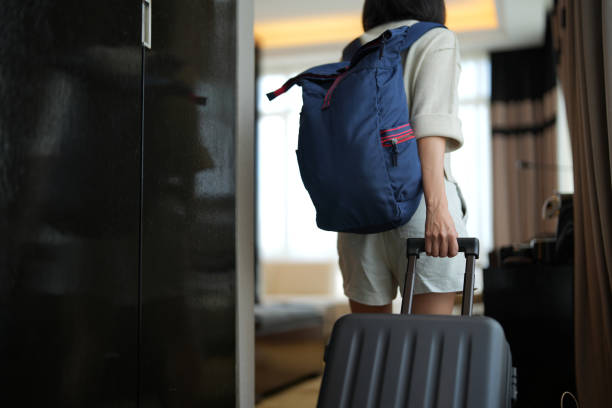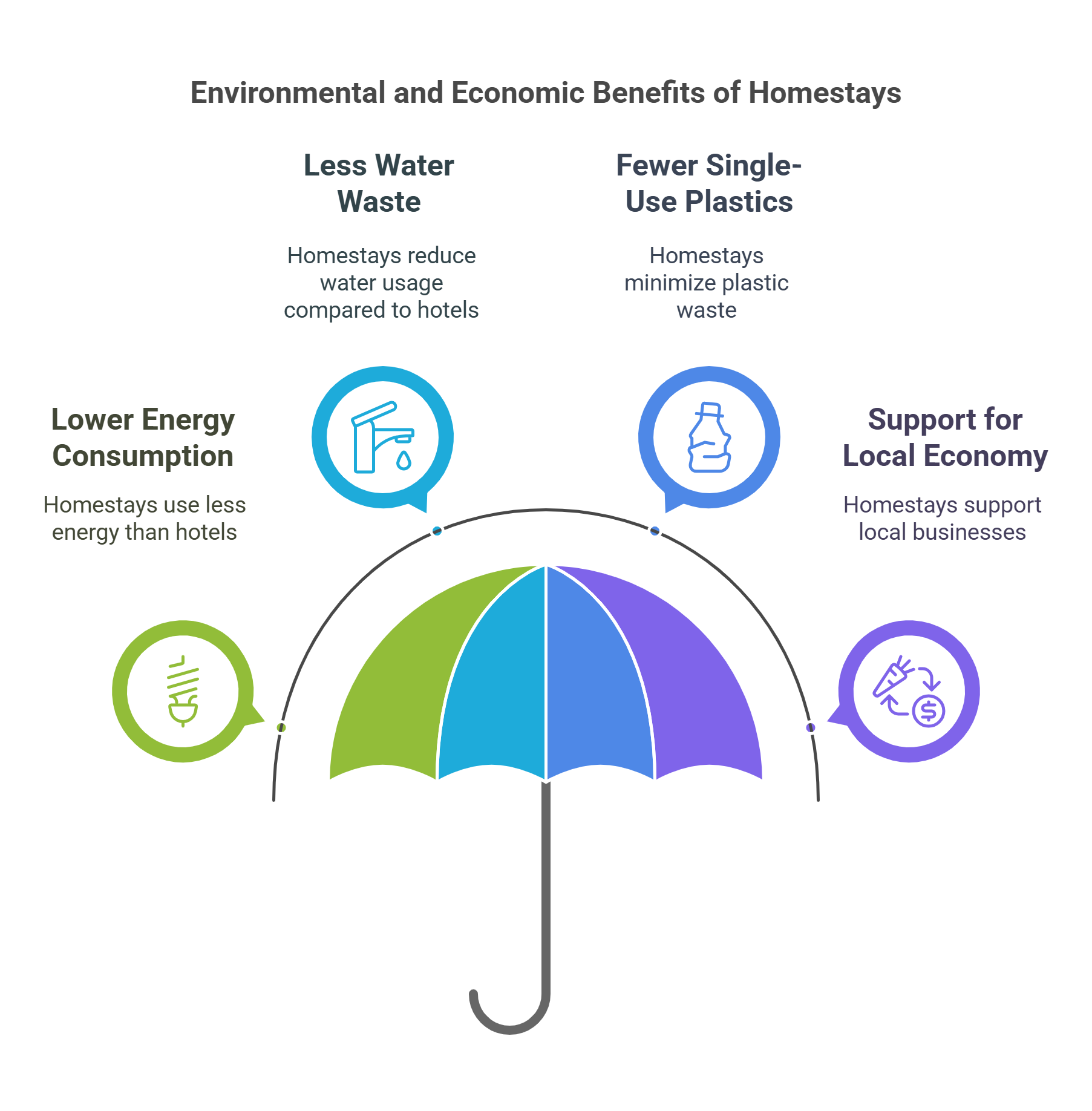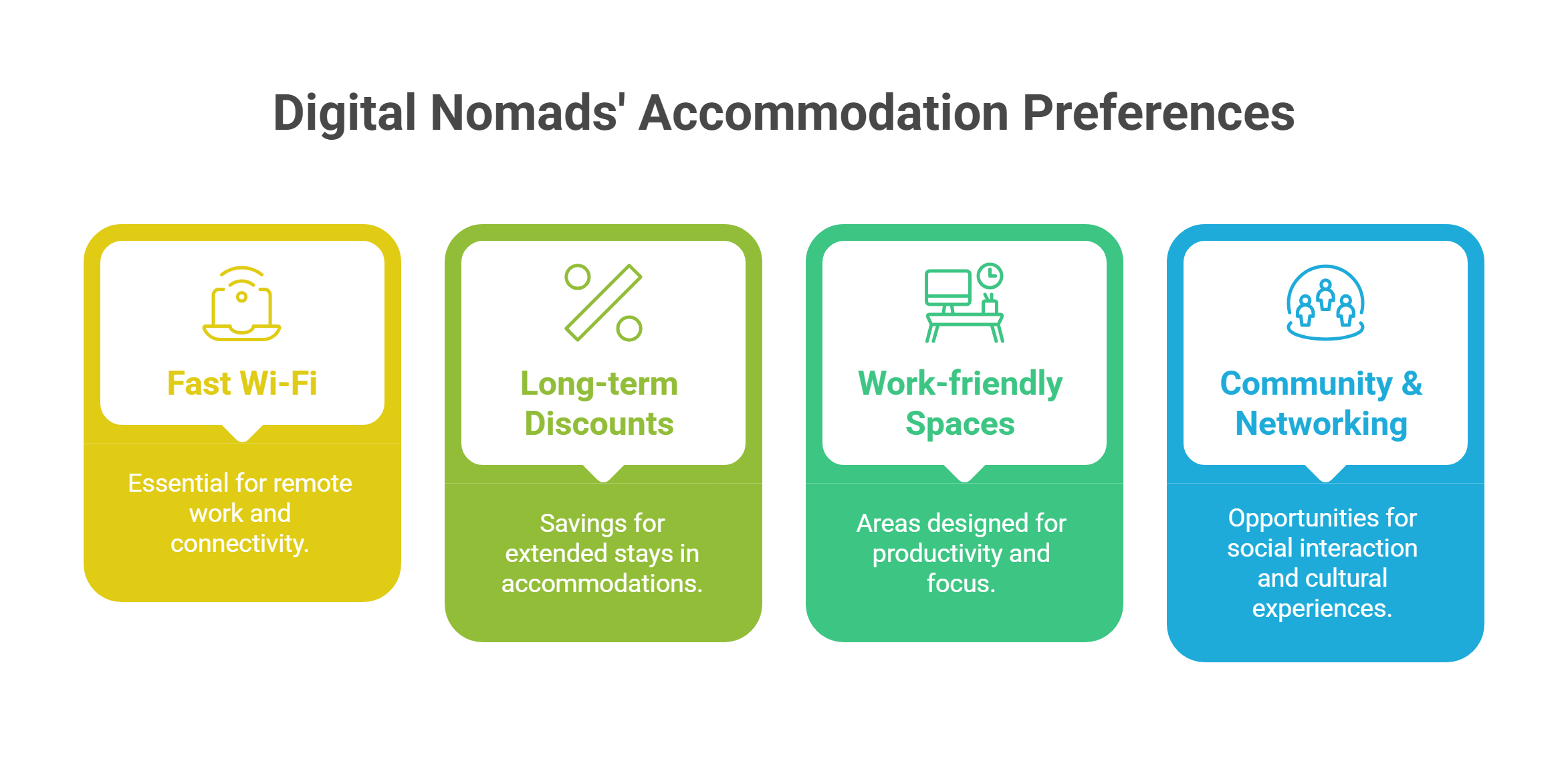Why Homestays Are the Future of Travel

Why Homestays Are the Future of Travel—this trend is shaping modern tourism like never before. The way people travel is changing fast. More than ever, travelers are choosing immersive, local experiences over cookie-cutter hotels. Studies show that 86% of travelers now prefer homestays over traditional accommodations. Why? Because they offer affordability, flexibility, and a real connection to the destination.
Whether you’re wandering through the bustling streets of Tokyo, relaxing on a quiet beach in Greece, or exploring the hills of Tuscany, the way we choose to stay is evolving. Homestays—once considered an alternative—are now at the forefront of modern travel.
But why are travelers ditching traditional hotels for homestays? Let’s dive in.
1. Experiential Travel: Staying Like a Local
A few years ago, a friend of mine, Sarah, took a trip to Vietnam. Instead of booking a hotel, she stayed in a traditional homestay run by a local family in Hoi An. They provided her with a cozy room, invited her to cook meals with them, took her to hidden spots in the town, and shared personal stories of their culture. By the time she left, she wasn’t just a guest—she felt part of the family.
This is what modern travelers want: a deeper connection to their destination. Studies show that travelers prefer immersive stays over standard hotel experiences. Unlike hotels, which often isolate visitors from local life, homestays immerse them in real culture, traditions, and daily life.
Further Reading: How Experiential Travel Is Changing Tourism
2. Are Homestays Cheaper Than Hotels?
Homestays offer significant cost advantages over hotels, especially for long-term travelers. Some key benefits include:
- More Space for Less Money: Most homestays provide entire apartments, houses, or villas for the same price (or less) as a small hotel room.
- Save on Food: With fully-equipped kitchens, travelers can cook their meals instead of dining out for every meal.
- No Hidden Costs: Unlike hotels, which charge for Wi-Fi, parking, or laundry, homestays usually include these for free.
For digital nomads, families, or long-term travelers, homestays offer unbeatable cost efficiency while maintaining comfort.
3. How Flexible Are Homestays Compared to Hotels?
If you’ve ever been frustrated by rigid check-in times, overpriced room service, or one-size-fits-all hotel policies, you’re not alone. Homestays give you control over your experience. You can:
- Check-in and out flexibly (many hosts allow early/late check-ins).
- Choose unique accommodations—from a treehouse in Bali to a houseboat in Amsterdam.
- Find pet-friendly options, something most hotels struggle to provide.
- Get long-term stay discounts, which are great for remote workers and slow travelers.
For travelers looking for comfort without compromise, homestays win hands down.
4. Are Homestays More Sustainable Than Hotels?
Sustainability is no longer optional—it’s a necessity. Over-tourism and the carbon footprint of large hotels are major concerns. Homestays, on the other hand, naturally promote eco-friendly travel. The infographic below highlights the key environmental and economic benefits of homestays:

- Support local communities—Your money goes directly to local families, not big hotel chains.
- Lower energy consumption—Most homestays are smaller and use fewer resources.
- Less water waste—Homestays reduce water usage compared to hotels.
- Fewer single-use plastics—Homestays minimize plastic waste by using sustainable alternatives.
In fact, 72% of travelers prefer accommodations that actively support sustainability, according to the UN’s World Tourism Organization.
Further Reading: Sustainable Travel Trends.
5. Unique and Personalized Stays
Imagine waking up in a glass cabin surrounded by the Northern Lights in Iceland or staying in a 200-year-old castle in France. Homestays offer one-of-a-kind experiences that hotels simply can’t match.
Unlike hotels, where every room looks identical, homestays offer a personal touch. Many hosts go the extra mile with the following:
- Welcome gifts (local snacks, wine, or handwritten notes).
- Personalized recommendations (hidden gems, non-touristy restaurants).
- Home-cooked meals—an experience no hotel buffet can replicate.
Further Reading: The Best Unique Homestay Experiences Around the World
6. The Digital Nomad Boom: A Game-Changer for Homestays
With remote work on the rise, travelers aren’t just looking for vacation spots—they’re looking for temporary homes that cater to their specific needs. Digital nomads seek accommodations that offer comfort, reliability, and a work-friendly environment. The infographic below highlights key factors that make homestays an ideal choice for remote workers:

- Reliable Wi-Fi and workspaces
- Comfortable, home-like environments
- Discounted long-term rentals
According to travel industry reports, long-term stays (28+ days) have increased significantly, showing a growing preference for work-from-anywhere setups.
Further Reading: How Digital Nomads Are Redefining Travel
Final Thoughts: Are Homestays the Future of Travel?
Why Homestays Are the Future of Travel—no longer just an alternative, they are becoming the go-to choice for modern travelers. With affordability, sustainability, flexibility, and personalization at their core, they offer an experience hotels simply cannot match.
With affordability, sustainability, flexibility, and personalization at their core, homestays offer an experience hotels simply cannot match. Not sure which homestay is right for you? Read our guide on How to Choose the Perfect Homestay to find your ideal stay!
Ready to experience travel differently? Browse our exclusive homestays and find your perfect stay today here.
FAQs About Homestays
1. Are homestays safe for travelers?
Yes. Most homestay platforms offer verified listings, guest reviews, and secure payments. For added safety, choose listings with high ratings and responsive hosts.
2. Do homestays provide the same amenities as hotels?
Many do, and some even offer more. While they may lack daily housekeeping, they provide fully-equipped kitchens, laundry, free Wi-Fi, and unique personal touches.
3. Are homestays cheaper than hotels?
Yes. Homestays typically offer more space and amenities at lower prices, especially for long stays.
Would you book a homestay for your next trip? Let us know in the comments.

